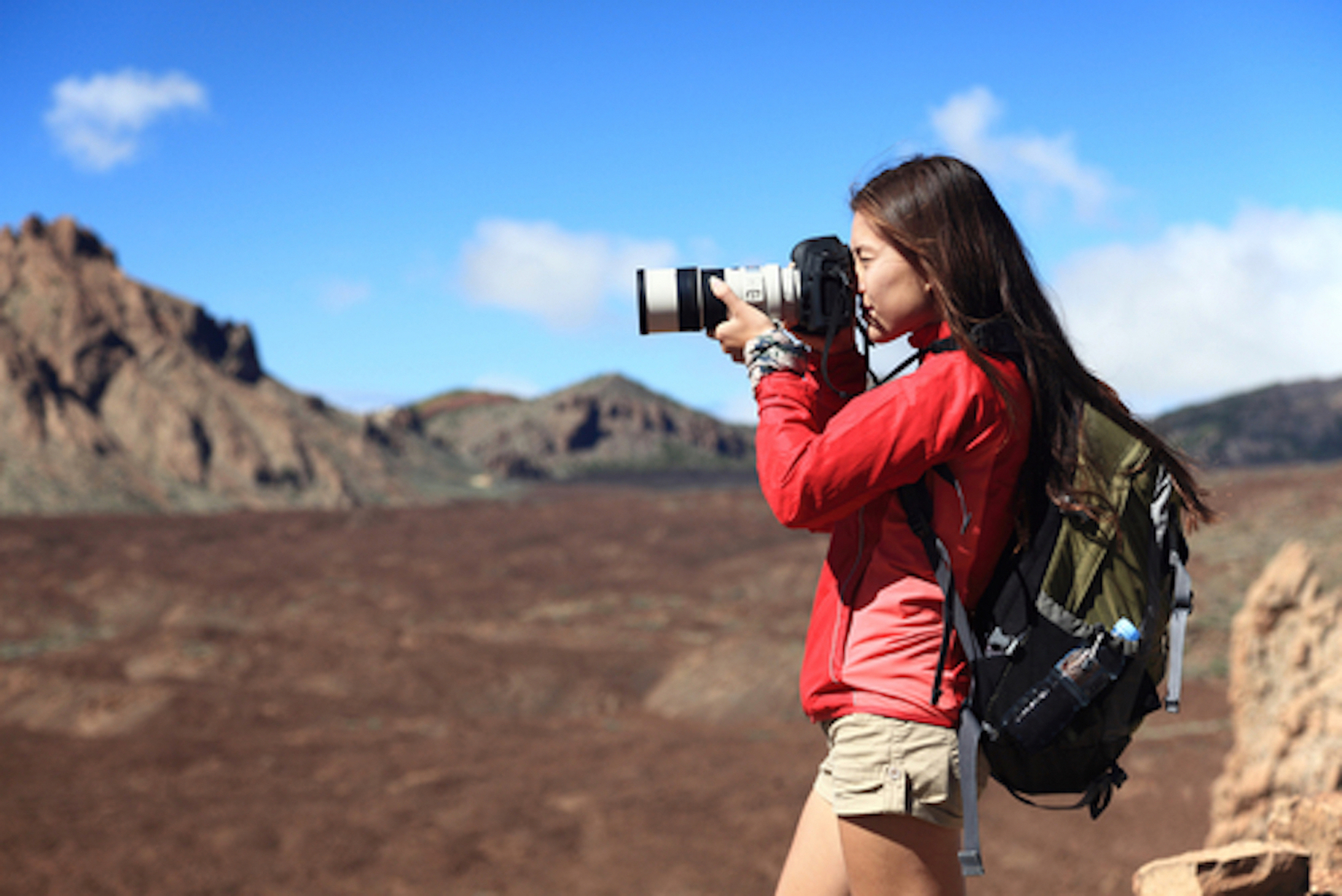Life as a travel journalist isn’t just for privileged Westerners ‘discovering’ quaint parts of south-east Asia and Africa
"You must travel a lot then, much like a celebrity's jet-setting adventures," says the 25-year-old salesman with a hint of curiosity in his eyes as he helps me renew my phone contract at the local mobile store. My SIM card had become deactivated due to an extended absence from my UK home while working on a travel assignment in Pakistan.
I nod thoughtfully and reply: "Indeed, being a travel journalist is undeniably rewarding and fulfilling. But, there's a lot more to it than meets the eye, especially for someone like me - a journalist of colour, originating from a global south country like Pakistan. We face our own set of challenges."
"Really? I never thought there could be any downsides to such a dream job," says the salesman, unaware of the true nature of this profession.
As a freelance travel journalist from the diaspora, hearing such comments and observations is common.
Travel journalism is no glamorous life
The field of travel journalism is often seen as a glamorous job, all about travelling and living the dream life. Indeed, it does offer journalists the opportunity to travel frequently and cover a diverse range of experiences. This could involve varying tasks like shedding light on a secluded traditional village in Greece, capturing the vibrant energy of carnivals in Brazil or even reviewing luxurious accommodations, all with exclusive on-ground access, allowing for a deeper immersion in the surroundings.
Because of this, travel journalists are often perceived as having a special status, with impressions that they enjoy a 'glamorous' lifestyle in comparison to those working in other fields of journalism. However, reality often takes a different form.
The requirements of travel journalists are such that they need to develop a broad range of knowledge about destinations and travel genres. This demands not only gathering the nuances of various types of travel experiences but also staying current with emerging trends, evolving travel preferences and the latest advancements and shifts within the travel industry. Travel journalists are also required to conduct meticulous research, demonstrate cultural sensitivity, uphold ethical reporting standards and craft compelling storytelling that delves beyond the superficial charm of exotic destinations. Mastery of these aspects demands both time and skill.
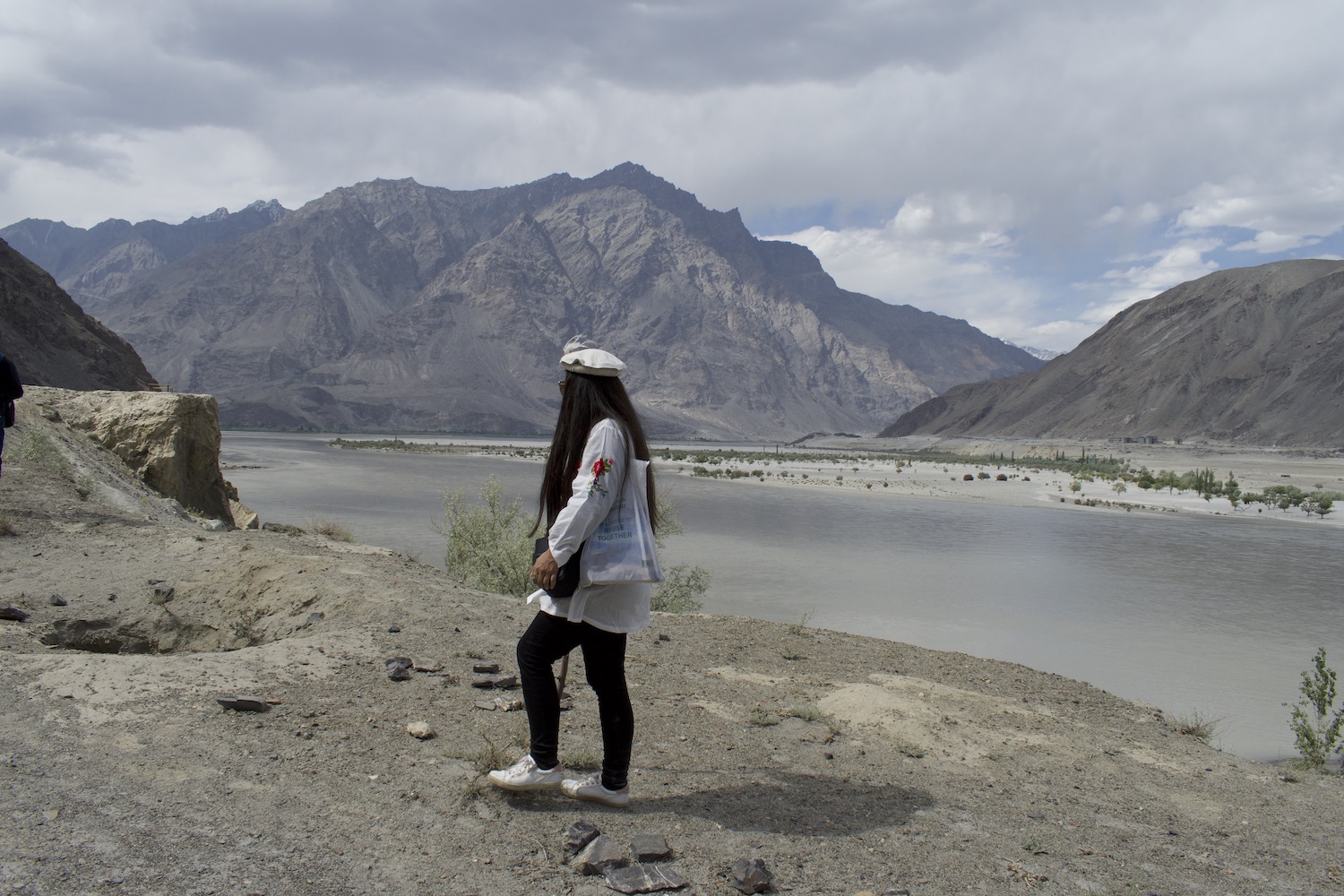
In addition, travel journalists face numerous challenges and hardships while on their journeys. These range from exhausting long-haul flights to extended road trips, as well as confronting unpredictable weather conditions. They navigate unfamiliar territories, dealing with language barriers, cultural differences, and logistical hurdles, all while juggling tight deadlines and demanding work schedules.
Helen Coffey, Travel Editor at The Independent, shares the less glamorous aspects of this job with a blend of positivity and sarcasm in her tweet:
"Never let anyone ever tell you travel journalism isn't glamorous. I'm about to spend the next 48 hours - two nights, two days - travelling on coaches to southern Spain. RARRGGGHHH LET'S DO THIS."
In a playful manner, she counters this common misconception by highlighting that her profession involves long and potentially uncomfortable journeys.
While some places hold unique cultural, historical and societal significance, they may not fit the usual narratives that Western editors are familiar with
Another aspect is highlighted in an article published in the Telum Media Philippines Alert on May 29, 2019, titled: “Travel journalism: A glamorous misconception” by Emily Kathleen Brown. Notably, a quote from Kristine Fonacier, Editor-in-Chief of Smile, Cebu Pacific’s in-flight magazine, stands out: "The best travel journalists out there might be covering a luxury hotel one week, then sleeping in the dirt on the way to a remote village another."
Local challenges
Such hurdles, combined with other distinctive challenges, become even more amplified - both on international and local scales - when you are a travel journalist from the diaspora or the global south.
In the same article, travel writer Gretchen Filart from the Philippines highlights another misconception about travel journalism: the assumption of a large amount of earnings after each assignment. Filart points out: "We do get a bed to sleep in and meals to eat often, but deals are always two-way. We write and provide exposure and reach and they provide our basic needs while we work.”
Filart adds that although some sponsors, especially airlines or tourism agencies, may provide allowances, most of the time, there isn't monetary compensation involved - particularly with non-government or non-profit organisations, or trips within the Philippines provided by Philippine-based sponsors.
Zinara Rathnayake, an independent travel journalist based between Colombo, Sri Lanka and Guwahati, India, who has published on high-profile platforms such as the BBC with a focus on Sri Lanka, shares a similar experience: "I think if there’s something I’ve noticed throughout my journalism career, it’s that there’s little to no recognition or support for local travel writers or travel writers of Sri Lankan descent from the country’s tourism board and authorities.
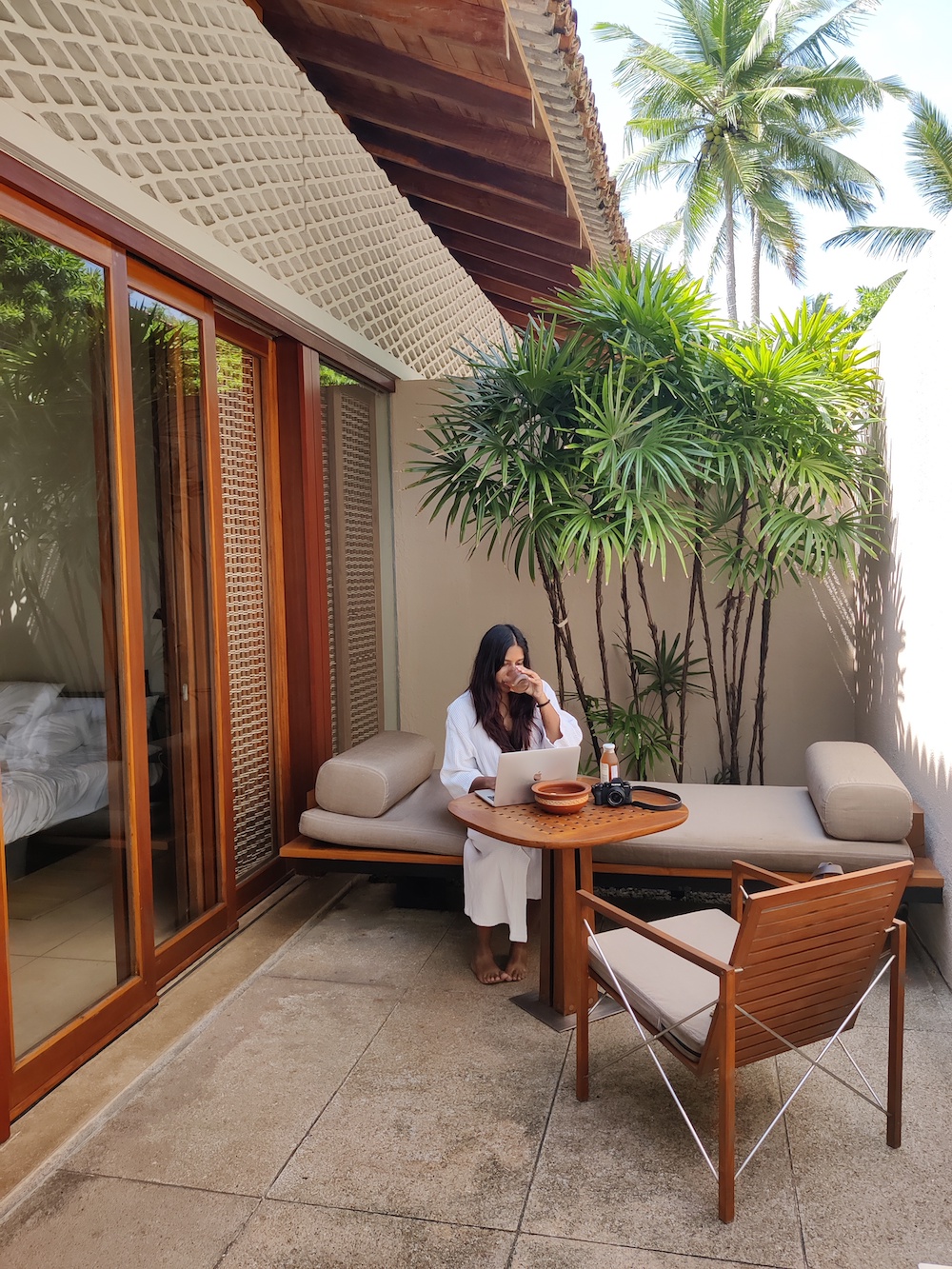
"We are already a very small number, but even minor requests to access information or seek logistical support are often neglected. I’ve been in situations where, earlier in my career, local tourism authorities have told me that they actually prefer creators and/or writers from the global north. And we see it often - tourism authorities in Sri Lanka continue to spend their budget to host creators, writers and journalists from the global north and neighbouring Asian countries, which is a good thing. But in some cases, these are local or regional publications with small audiences in European and/or Asian countries and not necessarily outlets with large, relevant audiences.
"In contrast, for me, it was very difficult to have any support from both public and private sector establishments in Sri Lanka until I was well and widely published, and I continue to face those difficulties, especially in occasions where I’m reporting about underrepresented communities and practices."
This ongoing challenge of gaining recognition and support remains a prevalent concern for travel journalists, because of the existing disparities in resources, perspectives, and representation that are inherent to regions considered less economically developed.
International challenges
Travel journalists from the diaspora or global south encounter a significant challenge in the initial and pivotal step: securing commissions from international publications for travel stories centred around places close to home. Simply, this involves the task of convincing and persuading editors in the West of the worthiness of these travel stories.
We often find ourselves forced to educate editors in the West about why a particular destination deserves coverage
While the places involved may hold unique cultural, historical and societal significance, they may not fit the usual narratives that Western editors are familiar with. As a result, it becomes an integral part of work for travel journalists to not only craft compelling pitches, but also navigate the bias that can exist in the editorial selection process, to make a case for highlighting the value and uniqueness of these places. Achieving this demands patience, resilience and an unwavering commitment from travel journalists.
Sarah Khan, an award-winning travel journalist based in New York, with an Indian-American Muslim heritage, recounts an experience with editors in the West: "Having lived in Cape Town and covered extensive regions of Southern and Eastern Africa, I remember there was a time where you pitch a story about Tanzania and the editor might come back with, 'We just did a story on Senegal three issues ago, so we probably won't do it.'
“It's, like, what does Senegal have to do with Tanzania? So a significant part of this process involves helping editors expand their views, because if you're writing about Italy issue after issue, but you reduce Africa to this one mass, saying, 'Oh, we just did something on it,' even though it has an entirely different angle and pertains to a different part of the continent. So a big part of it is that we often find ourselves forced to educate editors in the West about why a particular destination deserves coverage, or a unique and different type of coverage from what they've had."
Building on the discussion of Africa, Lola Akinmade Åkerström, a Sweden-based award-winning Nigerian travel journalist, accomplished visual storyteller, bestselling author and skilled travel photographer, highlights a persistent issue: "Even in 2023, Africa is still fighting off the monolithic lens that has been applied to the entire continent."
She further adds: "While on a country-by-country basis, some infrastructure challenges continue to affect the speed at which tourism on the continent can scale, the biggest challenge for me as a writer is continually chipping away at preconceived notions of safety and access to crucial resources in my work."
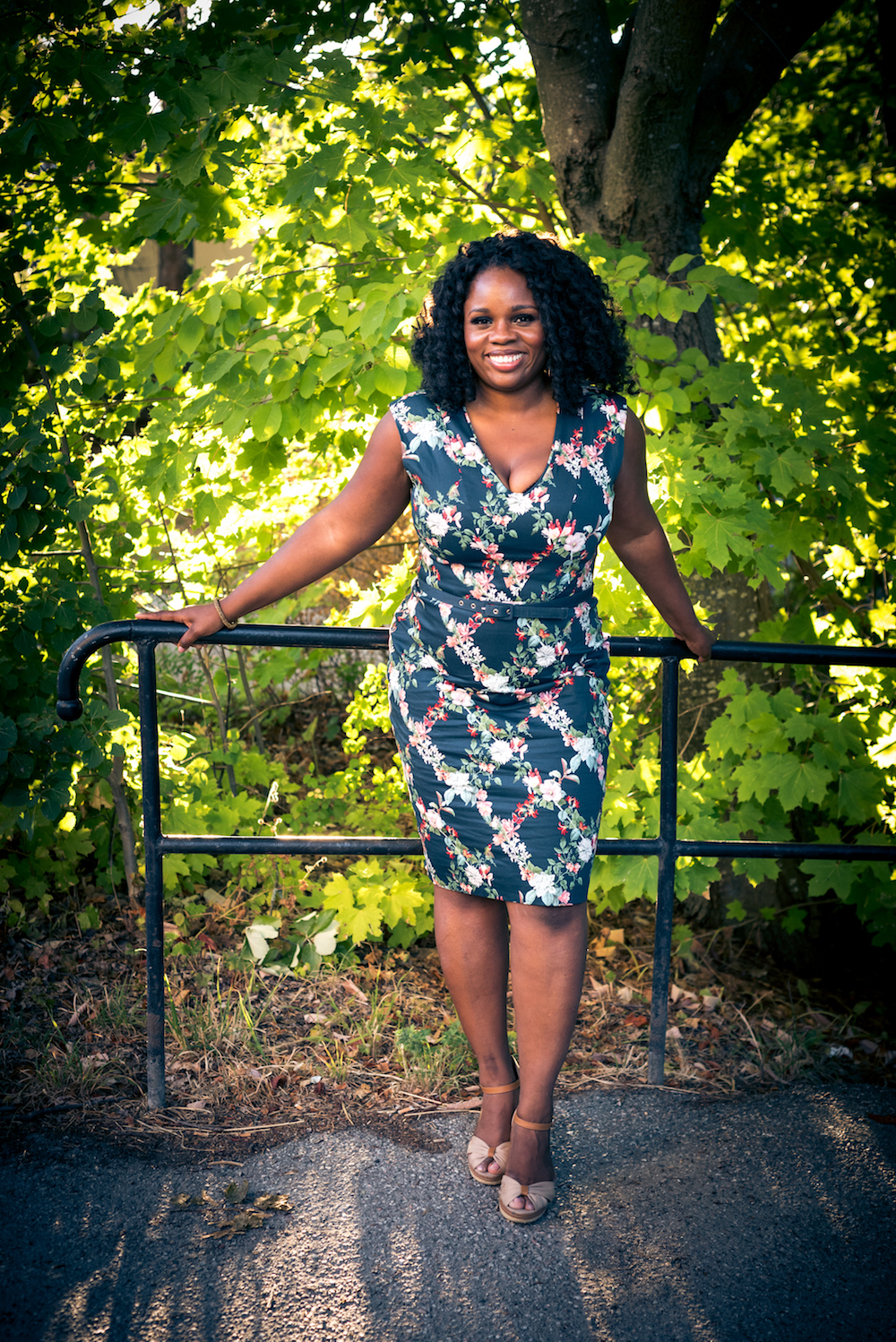
Åkerström's perspective sheds light on another dimension of the challenge. When asked about the balance between her personal connection to Africa and the demand for objectivity and relatability in her storytelling, she reflects on her approach.
In a piece she penned on her blog, “Notes on Travel and The Problem with Extremes”, Åkerström delves into the dangers of showcasing extremes in visual storytelling. "The need to overcompensate by showing and subconsciously focusing on affluence and privilege often leaves an equally important part widely open and vulnerable - the everyday middle. For an African writer who is tired of negative narratives, how can we also write with some objectivity? I focus on culture through food, tradition and lifestyles, and my role as a travel writer is to give you a sense of place through my words."
A historical lens
Why do travel journalists from the diaspora or global south frequently find themselves needing to educate Western editors about the importance of covering certain destinations or dispelling preconceived notions? To address this question, it's important to begin by defining what travel journalism is and how it came about.
According to Sarah Khan: "It is a much deeper question than that because, what is travel journalism? To begin with, it is rooted in decolonial history, where people would essentially travel around - to shine a light on different parts of the world."
Further delving into the background of travel journalism, Khan says: "Europeans would travel around the colonies and report back dispatches, often showcasing differences in these places. That's the origin of it, and we still see a lot of that in travel writing today."
Travel journalism, as we know it today, has evolved significantly from its early beginnings. It gained prominence and recognition as a major field of journalism during the late 19th and early 20th centuries, which can be observed through historical records and literary works. These were written by explorers, adventurers and early travel writers who documented their journeys to far-off places.
For example, the late 1800s saw the publication of famous travel books like "Around the World in Eighty Days" by Jules Verne (1873) and "In Darkest Africa" by Henry Morton Stanley (1890), which captured the imaginations of readers and sparked interest in travel and exploration.
Additionally, this era marked significant advances in transportation, including the expansion of railway networks and the development of aircraft, which greatly increased the accessibility and affordability of travel for the general public. This increase in mobility contributed to a shift in travel narratives, evolving from simple place descriptions to immersive accounts, as people searched for inspiration and practical information for their own journeys.
We see our cultures ‘exoticised’; misinterpreted as something they are not. We see inaccurately reported stories and erasure of marginalised voices
This growing fascination fuelled the growth of travel writing, initially in newspapers and magazines, and later within esteemed travel publications. The evolution of visual media, such as photography, further enriched this transformation by offering captivating visuals that added depth to the tales. Collectively, these developments paved the way for the emergence of travel journalism as a distinctive field of storytelling.
Travel journalism - like all areas of journalism - is experiencing a prolonged period of change and transition. Changes in both the travel industry and journalism have led to various specialised areas within travel journalism. Today, there is a journalism field in luxury travel, another in virtual reality travel, specific websites for destination guides and personalised itinerary planning, travel podcasts, independent travel magazines, sustainable tourism, culinary exploration and historical exploration, among others.
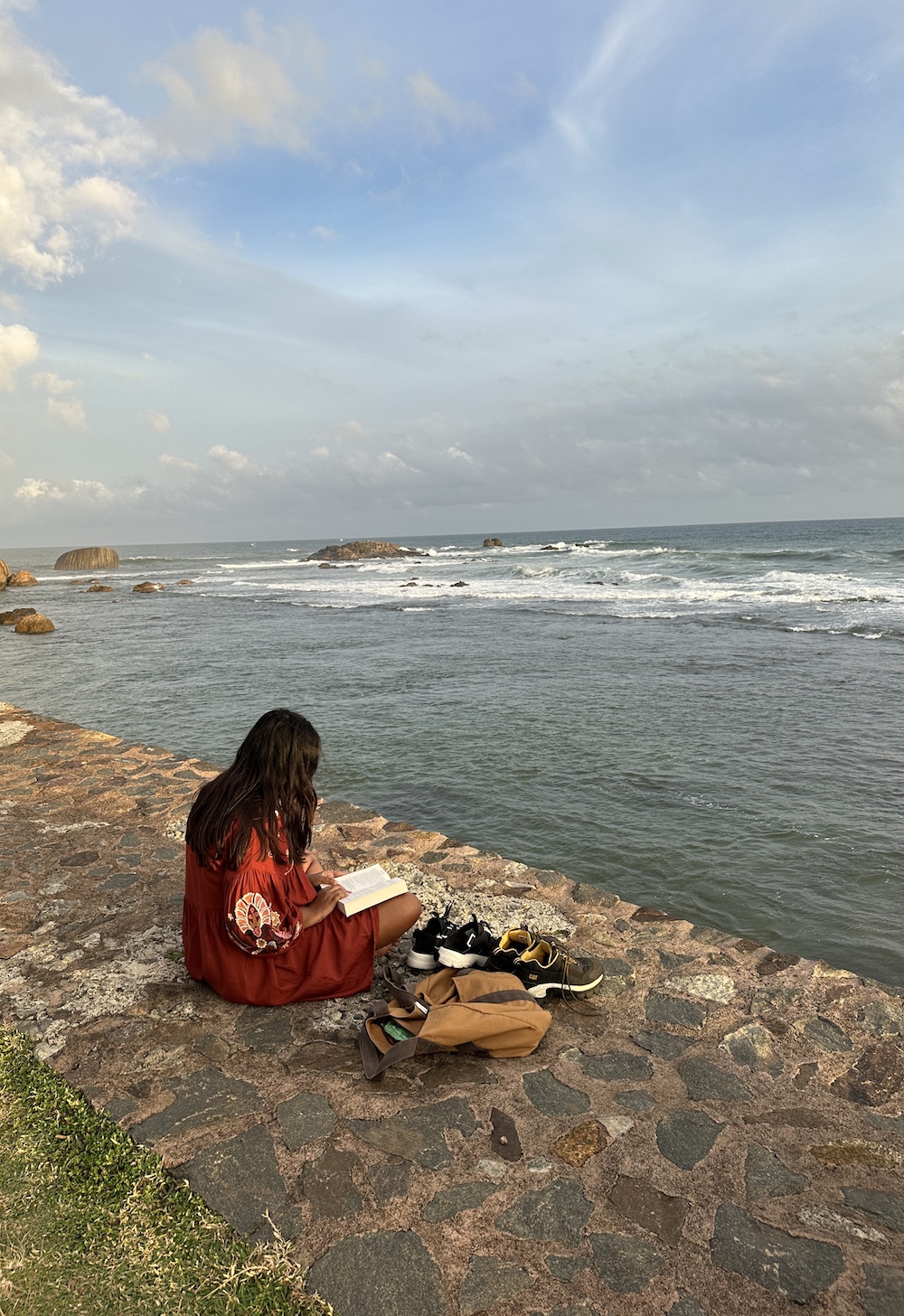
The rise of travel “influencers” has also revolutionised travel journalism, reshaping the landscape in several ways. These influencers, from diverse cultural backgrounds, democratise content creation through immediate updates on social media. They challenge the authority of traditional outlets by providing authentic and relatable narratives, influencing trends and partnering with brands for sponsored content. While their personal storytelling style resonates with audiences seeking connection, it's essential to note that traditional travel journalism still holds its place by offering comprehensive reporting, investigative pieces, and a deeper understanding of destinations and issues.
Nonetheless, despite the growing prominence of travel journalism, it often maintains a Western-centric focus, contributing to a limited and sometimes biased portrayal of the world. This means that some places and cultures aren't represented correctly or fully.
Zinara Rathnayake says: "The media industry, especially travel media, has always been saturated by White voices. We grew up watching travel shows hosted by White anchors and read travel articles and magazines and books written by white authors. Our stories were and are told by people who, often, brushed past our lands and cultures and cuisines and languages - and their lands and cultures and cuisines and language were different from ours. So we see our cultures are often ‘exoticised’; they are misinterpreted as something they are not. We see inaccurately reported stories and erasure of marginalised voices."
Sarah Khan adds: "So much of travel writing is essentially viewing the world through this Euro-centric lens. Through my writing and my focus on certain destinations, I've lived in six different countries. Some areas of expertise for me are in Africa, India and the Middle East. These regions aren't covered as extensively as Europe in Western travel media. I enjoy exploring these destinations, seeking different connections and ways to understand them."
Khan has forged a distinctive approach to revitalising the genre, as she delves into angles that challenge the Euro-centric narrative. Consequently, her particular focus leads to the revelation of stories and histories often concealed from view.
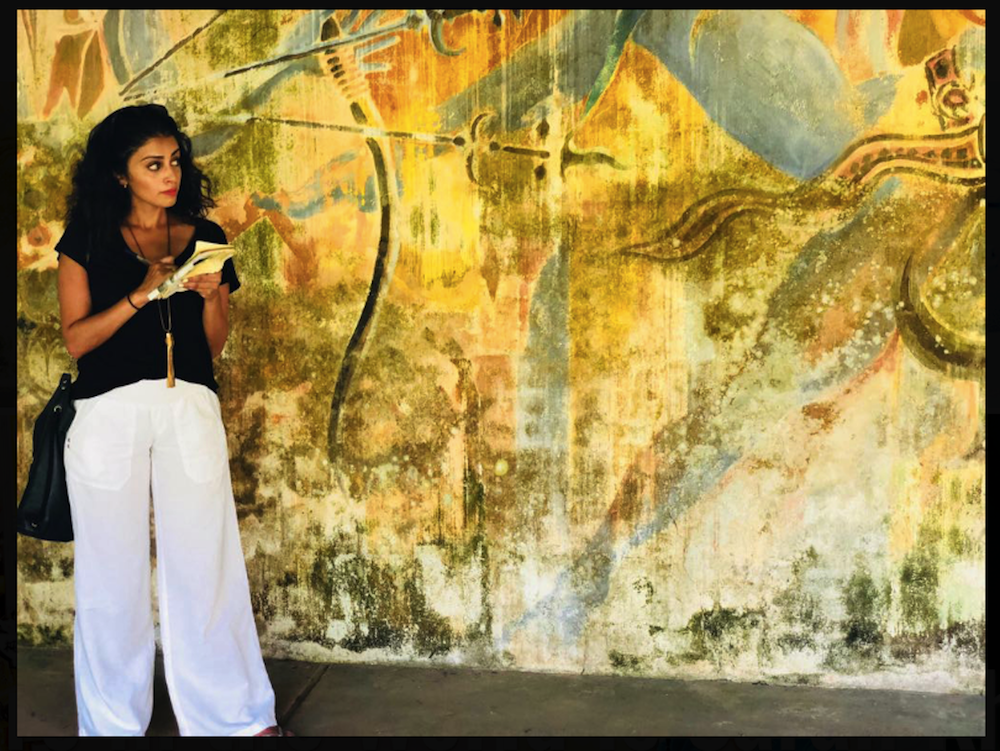
"What we've historically seen, and something I enjoy doing, is shifting the angles of the places I visit, de-centering that European perspective. I enjoy exploring angles such as Arab history with India, predating European colonisation, or Arab influence in Africa dating back to the time of the prophets. Looking at these different connections that existed independently of Europe or Western colonisation is fascinating. It offers insights into the world's operation without the influence of the West. This is often missing in contemporary travel journalism," says Khan.
Though missing in much of the current discourse, her approach holds the potential to enrich the field of travel journalism with a more inclusive, diverse and authentic representation of the global narrative.
For example, in Khan's article, "In the City of Saints", published in Travel + Leisure, she narrates her exploration of Harar, Ethiopia, where she immerses herself in the city's ancient alleys, uncovering its rich historical and cultural ties. Khan's journey leads her to discover a new connection to her faith, even in the most remote locations, and highlights the profound impact of Harar's Muslim heritage on its identity. This article illustrates her commitment to unveiling fresh perspectives, revealing overlooked destinations and demonstrating how travel writing can illuminate lesser-known places.
Another challenge Khan says she's faced in her career is "the perceived authority that a white travel writer may seem to hold, and I see it in general. They can travel around the world, explore diverse places, and write about anything.
"Writers of colour, on the other hand, often either get tokenized or are considered experts in specific regions due to their background. I think editors also need to move away from this mindset, where they stop assigning tasks based on stereotypes - like having an Indian travel writer write about India or a Black writer solely covering Africa. You can't categorise people that way, because just as you would happily send a middle-aged white man to Tokyo, Uzbekistan and Brazil, you should also feel confident in assigning writers of colour to those places without restricting them to their background. On the contrary, because they have a different background, they might find a really interesting angle on those destinations," she says.
However, today, the travel industry is gradually shifting away from the confines of traditional stereotypes and embracing the value of diverse voices and narratives.
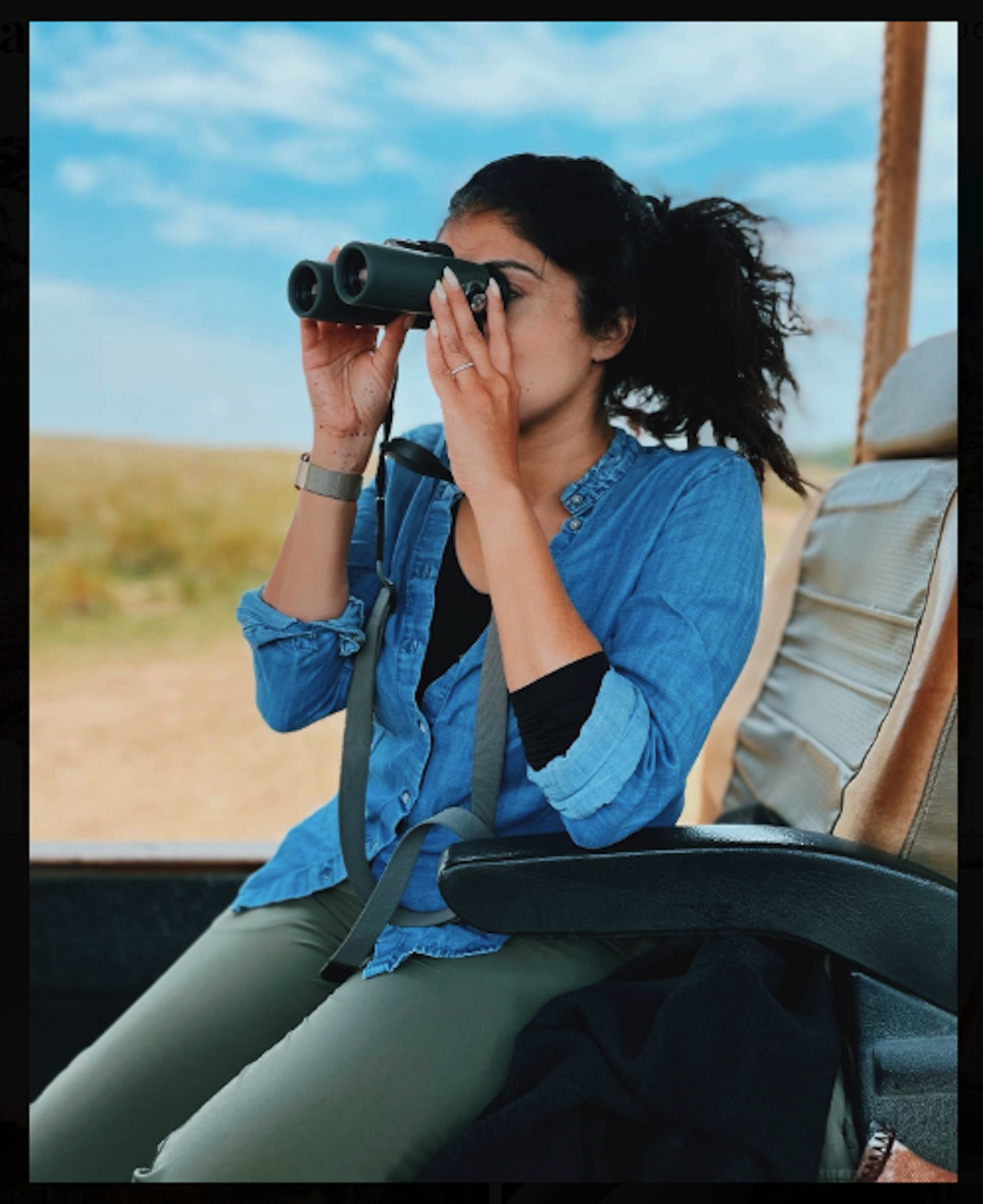
Khan notices a change: "In recent years, things are starting to change, slowly, but I feel like editors are becoming much more receptive to different types of ideas and different types of writers than they may have been in the past."
She observes that: "Back in 2020, the shift began with a food magazine, where many lifestyle editors started realising the lack of diversity in both their commissioning process and the content they covered.
"And so these conversations were initiated by myself, four fellow individuals in travel media, including publicists and journalists from different aspects of the industry. We as friends had been venting among ourselves, questioning why certain destinations weren't receiving coverage more and why they [editors] weren't thinking outside of the box.
"When we saw that the world was becoming more open to addressing these issues, we thought what can we do about it?
Writers of colour often either get tokenized or are considered experts in specific regions due to their background
"What we realised was that a lot of the reasons editors weren't necessarily thinking beyond their existing pool of writers was because it's a lot of work. Everybody is trapped and doesn't have time. I empathise with editors, I've been an editor, it's hard. I have thousands of things to do, then I also need to go and cultivate new writers? It's a challenge discovering new writers, as many remain unknown, and editors lack the time to seek them out. So it's not like now people are realising that we need diverse writers, but there are none. There's tons of diverse writers across the world, writing and producing content in the English language, across South Asia, Africa, East Asia, all over the world. So for us, they are already doing it, we just need to bring some more visibility to them."
Khan and her colleagues launched a platform called “Travel is Better in Color”, accompanied by the impactful tagline: "Diverse places deserve diverse voices." Their primary approach involves utilising social media to create profiles for writers across various domains.
"By sharing their work, interests, and experiences, we aim to provide editors who follow these platforms with insights that encourage them to learn more and immediately consider these writers for assignments." Additionally, they introduced a newsletter to keep everyone updated on emerging talents and captivating narratives.
The website further states that: "Travel media has gazed at the world through a white lens for far too long. We’re here to celebrate the varied voices in travel media that are bringing the world to life with their unique perspectives."
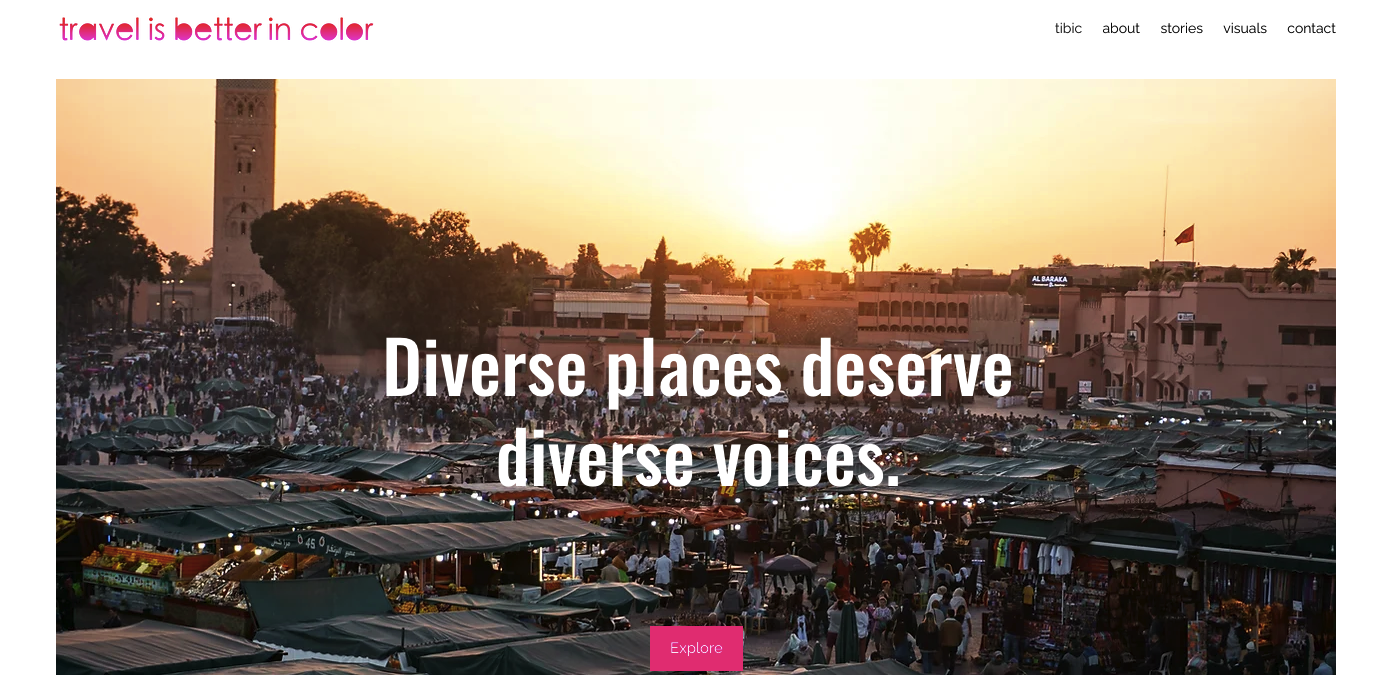
Zinara Rathnayake agrees: "There’s more opportunity, space and recognition for writers of colour now. I know it’s not nearly enough, but we are here to tell our stories now, and reclaim our space. I’ve sometimes been asked whether my identity as a Sri Lankan, as someone from a developing country with less privilege, is a liability in the media industry. But to be honest, I've never felt that, and I see both my story and identity as an opportunity. So it’s important that we build the confidence to tell our stories."
She concludes with an inspiring note: "I always tell aspiring writers - don’t let someone else narrate your stories for you. And no matter where you are, as long as you are skilled in your craft, you can tell your story to an international audience. If you are not fit or available for an assignment, recommend another writer/journalist from your community; tell your editors that they are there. It’s something small we can do to promote inclusion, diversity and solidarity."
Beyond travel - accuracy and authenticity
Travel journalism is more than just sharing the experience of travel or navigating through various hurdles and narrative shifts. Above and beyond all, travel journalists must take extra care with accuracy in each travel piece they produce and portray places responsibly and authentically. Covering a local festival could mean highlighting the rich cultural heritage and fostering cross-cultural understanding. On the other hand, mishandling the portrayal of sensitive traditions could lead to cultural misunderstandings or even offence. Negotiating these complexities places a significant responsibility on travel journalists to balance their storytelling with respect for local customs and accurate representation.
Similarly, when faced with political unrest in a country, travel journalists encounter another dimension of responsibility. This situation could mean highlighting the resilience and unity of local communities in times of difficulty, and shedding light on their efforts to maintain daily life and cultural traditions. On the other hand, misrepresenting the political situation could create misconceptions about a destination's overall safety. Travel journalists also have the task of providing information about which areas remain safe for tourists to visit during such times. This involves not only staying updated on the evolving situation but also consulting local authorities and experts to offer well-informed advice to potential travellers.

Zinara Rathnayake illustrates the approach to balancing travel journalism in these situations, using Sri Lanka as a case in point: "Sri Lanka’s economic crisis last year created this largely negative image about the country as a whole. The tourism industry is still facing the repercussions of that. But travelling across the country and living in it are two different things, and it’s important we portray an accurate image of the country. It’s important to acknowledge the situation, the difficulties and complexities, rather than neglecting them entirely and painting a rosy picture. I think we can represent a destination as it is, and at the same time tell our audiences how it’s going to be for visitors, what they can do to help - even if it’s something small - and give a glimpse of all the beautiful things that await them."
Lola Akinmade Åkerström, emphasises the significance of language when discussing her approach to countering stereotypes and promoting a more nuanced understanding of a destination. "For me, it can often be as simple as stripping my work of adjectives. As writers who share other people’s stories, the adjectives and qualifiers we use in our descriptions can continue to objectify people and places, inadvertently 'othering' them by using words like 'foreign' and 'exotic'. Instead, Åkerström chooses to present her experiences and encounters through a raw, unfiltered lens.
my responsibility as a storyteller is to share people, places, and their stories as transparently as possible, flaws and all
"Simply by reducing the adjectives and clichés I use in my work is a way of fully respecting the places I visit and the people I meet and sharing their stories as wholly as I can without trying to influence the reader to see them a certain way. By stripping my writing to its bare minimum, I'm putting sole judgement on the reader. The people I meet in my stories simply become just people with no predefined notions of who they are. The places I visit simply become places told through my five senses." Åkerström's commitment to transparency paves the way for authentic connections and enriches the narrative of travel journalism.
"So my responsibility as a storyteller is to share people, places, and their stories as transparently as possible, flaws and all, which in turn creates connection through vulnerability," she points out.
Åkerström also discusses the influence of networking within the diaspora: "Creating sub-communities to connect diverse writers who connect with each other can help amplify more nuanced storytelling from and about the continent. For example, Naledi K Khabo, CEO of the Africa Tourism Association helps connect writers both on the continent and in the diaspora, so we're kept abreast of each other's beats and projects when it comes to travel writing, and can identify ways to collaborate organically."
Åkerström's work is dedicated to shedding light on lesser-known destinations and cultures: "For me, it's about writing from a space of balance which is where cultural connection - the core of my work - usually occurs."
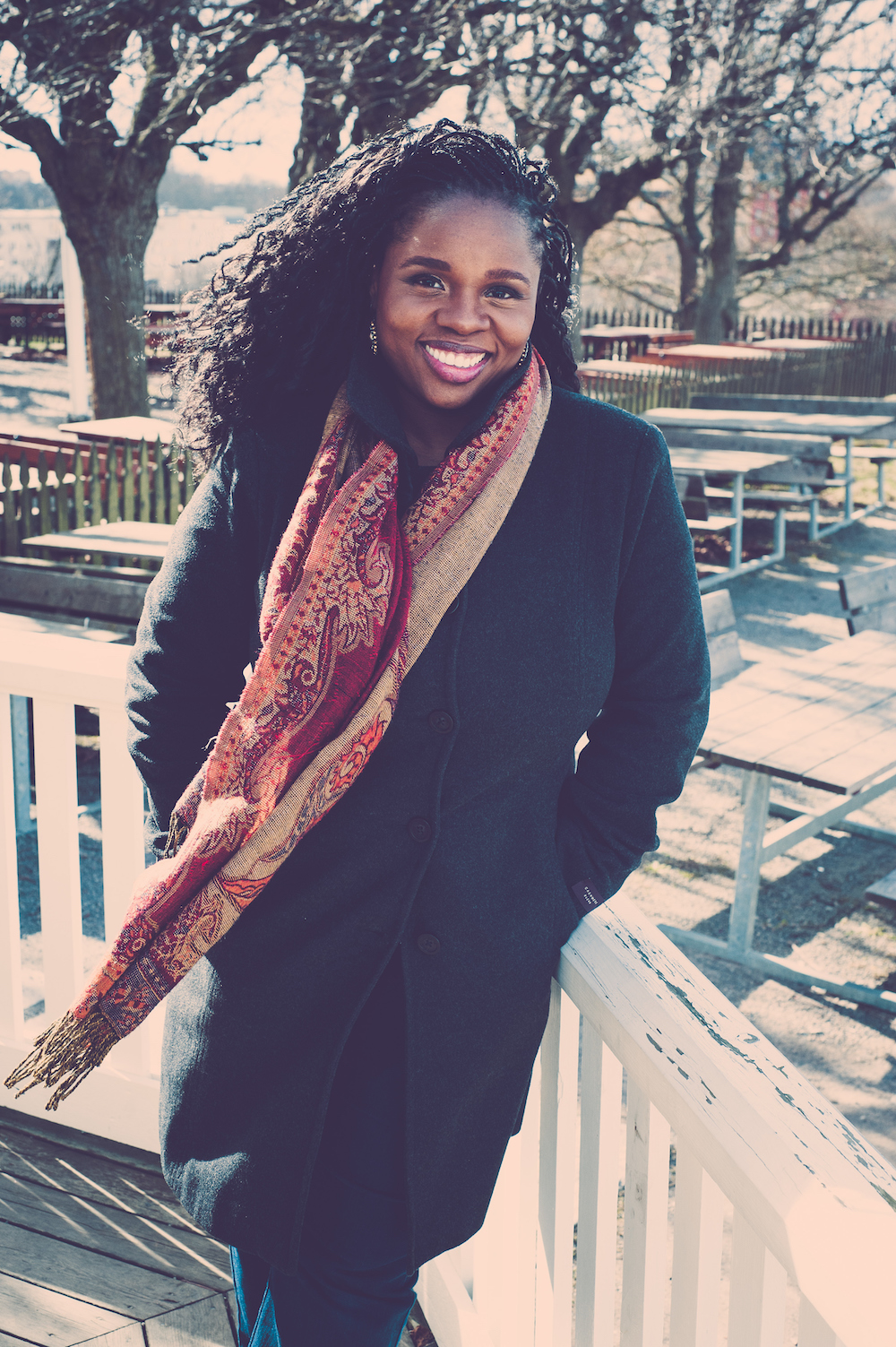
In her blog post titled “Notes on Travel and The Problem with Extremes”, Åkerström provides a compelling illustration: "The Ankara fabric seller in the market is equally as important as the hottest African fashion designer who sources her material. Traditional palm wine now fancified on rocks we sip in upscale lounges in Lagos should also inspire a farm-to-table curiosity about the palm wine tapper. Both the fabric seller in the market and palm wine tapper could be living lives filled with absolute contentment and happiness. Their stories deserve to be shared too as part of changing the narrative."
Her perspective offers a unique glimpse into the challenges and responsibilities that travel journalists undertake to amplify diverse voices and stories to bring authentic narratives to the forefront.
To conclude, the journey of a travel journalist extends far beyond picturesque landscapes and Instagram-worthy moments. Sarah Khan leaves us with a thought-provoking piece of advice: "This is important for anyone from any background. With any destination susceptible to stereotyping, even if we have a different background, this isn't just a problem with white writers. We all have this preconceived idea about what a place is. While we approach those places, I think the best way to make sure you're doing justice to a place and alleviating some of the stereotypes is to centre local voices and local perspectives everywhere you go. De-centre yourself.
"As much as travel writing involves looking at the world through your lens, you also need to ensure you're interviewing people in the destination who can speak to it more authentically than you ever could. Make sure you're going outside what is easy and accessible, especially if a destination has a heavy expat population. For example, if it's in Mexico with American expats doing cool things, you might end up interviewing them because that's what's visible there.
"However, ensure you're really going and finding the local voices everywhere you can. Even if that's a valid angle and perspective on a destination, don't reduce a destination to just that. It's about pushing yourself out of your comfort zone.
"Try not to write the story in your head before, let the locals tell you when you get there."
